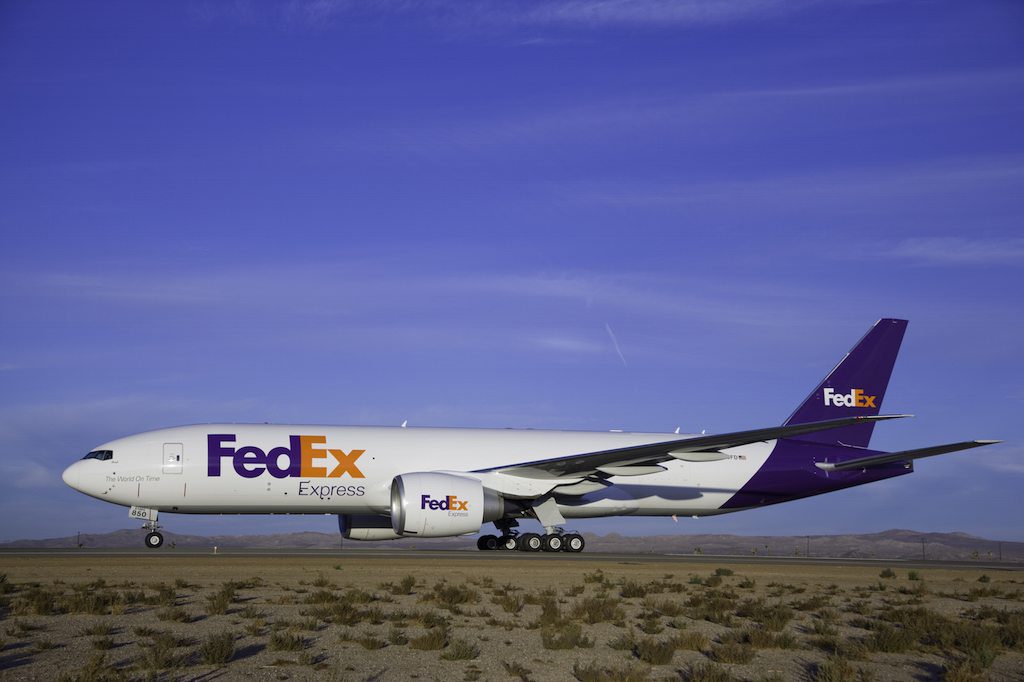The Reality of a Vaccine Is Here: Can Airlines Deliver?

Skift Take
If Pfizer's Covid vaccine is approved, airlines will be on the hook to transport billions of doses. Is the industry up to the job? What roadblocks stand in its way?
Pharmaceutical giant Pfizer could seek U.S. government approval for its Covid vaccine as early as this month, as clinical trials have shown it is up to 90 percent effective in preventing the disease. But that raises an important question: Are airlines equipped to transport billions of doses of the vaccine?
An effective vaccine — or vaccines — is both a good thing and a problem for the airline industry. On the one hand, the industry is pinning a lot of hope on a vaccine to restore passenger demand and for governments to drop onerous travel restrictions. On the other, governments around the world will be depending on air cargo infrastructure to deliver billions of doses of life-saving vaccines.
The timeline is key here. Pfizer said it could have 50 million doses of the vaccine ready for shipment this year, and 1.3 billion in 2021. This gives airlines some runway to fine-tune the transport plans the industry has been working on since the pandemic struck.
Join Us For Our Skift Aviation Forum Online Conference November 19
Capacity crunch The scale of the logistical problem for the airline industry is immense. The International Air Transport Association (IATA) estimates it would require 8,000 Boeing 747 freighters — one of the largest cargo aircraft types — to deliver enough vaccine doses to inoculate the world's 7 billion people. There are nowhere near that many Boeing 747 freighters in existence. In fact, Boeing has built just unde